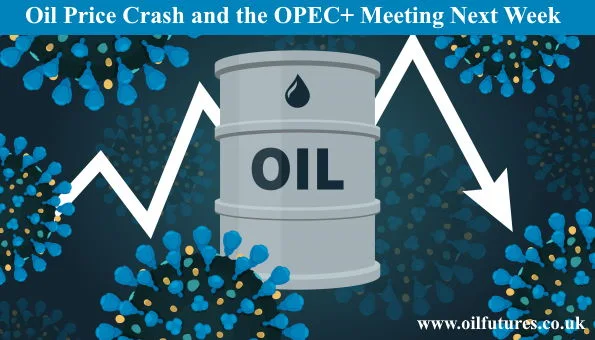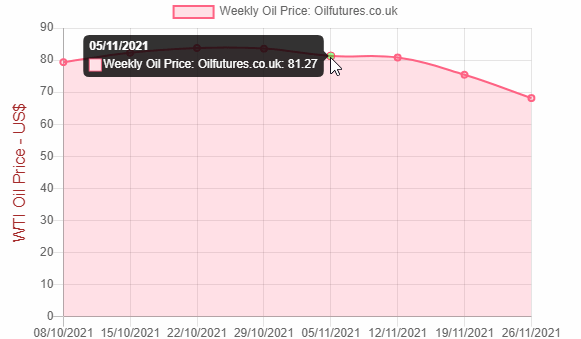.
With the discovery of the new variant of Covid-19
virus, Omicron, the prevailing optimism in the energy sector has started
evaporating, almost mimicking dew on a leaf on a calm summer morning.
It was a bolt from the blue, indeed; it, once again,
demonstrated how vulnerable we are despite the advent of sciences and medicine,
leaps of data analytics skills gained over decades and of course, the AI; a microscopic
organism managed to trigger off pandemonium across the world, causing chaos
almost in every sector, literally pushing us back to square one on a whim –
where we used to be two years ago, when the pandemic first broke out.
In these circumstances, despite the precipitous
crash of the crude oil prices, the gas price has not followed the same pattern
yet, perhaps due to the prevailing cold weather in the northern Europe and Asia,
exacerbated by an Arctic blast, and of course, a shortage in supply.
The major consuming nations in the world have been making
appeals to the crude oil producers to increase the production so that the price
remains at a saner level, but to no avail.
Although these pleas were interpreted by some as
interfering with the dynamics of the markets, they failed to take on board the
fact that the economic recovery was so fragile in the aftermath of the pandemic
that could affect the oil producers as well in the long run.
In the end, the US was forced to act garnering the
support of even its political foes to release the strategic petroleum reserves
in a joint move, despite the collective addition being tantamount to a drop in
the ocean; in short, it was just a psychological boost to the beleaguered
consumers at home.
The Biden administration came under criticism for
asking the OPEC+ to do exact thing that it does not want to do on its own turf.
After weeks of vacillation, the US administration
finally resorted to tapping into reserves, despite being warned about its diminished
effectiveness in curbing the rising oil prices.
During the first few days of this week, it appeared
to be the case.
Even the US crude inventory build, consistently shown
by the API, American Petroleum Institute and the EIA, US Energy Information
Administration, could not dampen the mood of the buyers in the markets, implying
a serious geo-political set-back for the US.
The mutation of Covid-19 into Omicron, however, did
what the Biden administration could not, despite its dominant influence over
the global energy realm.
Having been cornered to a position that it thought
it would never be in December, the policy makers of the OPEC+, meanwhile, are
in a precarious position in the face of the unprecedented development,
especially when they meet up next week for their monthly meeting.
The OPEC+ simply cannot rock the boat by cutting
down on production, citing acceleration of the slowing demand that they have
been predicting during the past few weeks.
On one hand, it will not shore up the oil prices in
the present circumstances; on the other hand, it will damage the global economy
at a time it can least afford it.
It goes without saying how it could be a potential boomerang
for the cartel too – in the long run.
Of course, the OPEC+ has to take on board the interests
of the producers, because they had suffered very badly at the height of the
first wave of the pandemic.
They, however, have to walk the tight rope in safeguarding
the interests of both the members of the cartel and its consumers worldwide,
during the troubled times; it simply cannot muddy the waters in order to catch
the fish.
In this context, the forthcoming OPEC+ meeting is a
crucial one for the crude oil producers, not the consumers, who have already been
paying the price at the pumps. The ball is now in the courts of the OPEC+.








